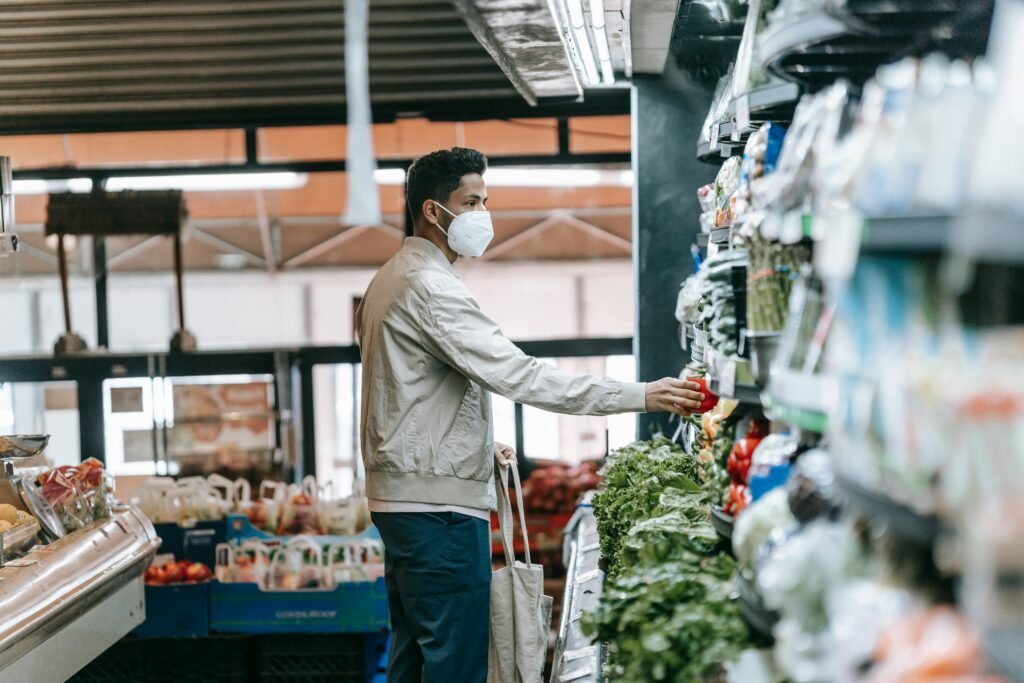
Certainly! Let’s delve into Singapore’s food guidelines to ensure safe and wholesome dining experiences. Whether you’re a local or a visitor, understanding these guidelines is essential for maintaining food safety. Here’s a comprehensive overview:
Singapore’s Food Safety Standards
Stringent Regulations: Singapore observes rigorous food safety standards. The Singapore Food Agency (SFA) is the national authority responsible for ensuring food safety. Despite importing over 90% of its food, Singapore maintains low incidences of food-borne disease outbreaks due to these stringent standards1.
Integrated Food Safety System: SFA has established an effective integrated food safety system. This system spans from production to consumption, ensuring that food is safe for everyone. Collaboration between the government, food industry, and consumers is crucial for maintaining this safety1.
Shared Responsibility: As consumers, we play a role in food safety. By adhering to guidelines and practicing safe food handling, we contribute to a healthier dining environment. Let’s keep food safe together! 🍽️🇸🇬1.
Safe Food Practices for Operators
For food operators (licensees), SFA provides educational materials and guidelines to maintain hygiene standards. These practices ensure that the food served to the public is wholesome and safe. Operators should implement the following guidelines:
- Hygiene and Sanitation: Regularly clean and sanitize food preparation areas, utensils, and equipment.
- Temperature Control: Properly store and handle food at appropriate temperatures to prevent bacterial growth.
- Personal Hygiene: Staff should maintain good personal hygiene, including handwashing and proper attire.
- Food Storage: Store raw and cooked food separately to prevent cross-contamination.
- Traceability: Keep records of food sources and suppliers for traceability purposes.
Food Labelling Guidelines
For food importers and manufacturers, SFA administers the Sale of Food Act and the Singapore Food Regulations. These regulations ensure that food available for sale in Singapore is safe for consumption. Proper food labelling is essential for supporting food safety. Importers and manufacturers must comply with these guidelines2.
Dietary Guidelines for Adult Singaporeans
Apart from safety, let’s also consider healthy eating. The eight dietary guidelines for adult Singaporeans (aged 18 to 69) are as follows:
- Balanced Diet: Consume a variety of foods from different food groups.
- Control Portion Sizes: Be mindful of portion sizes to avoid overeating.
- Limit Sugary Foods and Drinks: Reduce added sugars in your diet.
- Choose Whole Grains: Opt for whole-grain bread, rice, and cereals.
- Include Protein Sources: Include lean meats, fish, tofu, and legumes.
- Healthy Fats: Use healthier fats like olive oil and nuts.
- Stay Hydrated: Drink plenty of water.
- Limit Salt Intake: Reduce sodium intake for better heart health3.
Remember, safe and nutritious food contributes to overall well-being. Bon appétit! 🌟🥗🍎